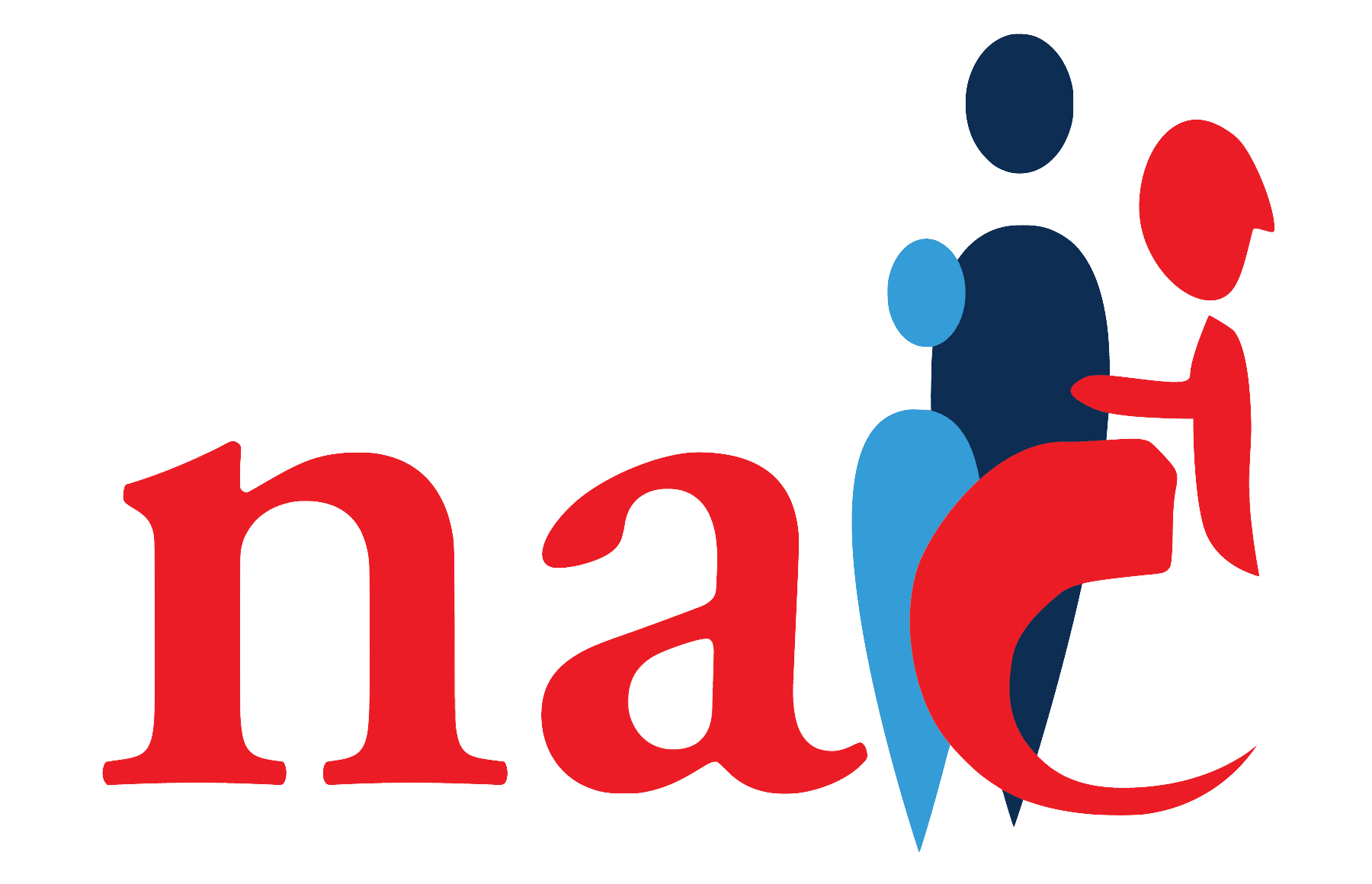When Rey immigrated from the Philippines in 1989 as a teen, he made his home in Los Angeles, earned his MBA, and worked in biotech at a Fortune 500 company. In 2014, Rey’s father had a stroke, and Rey left LA for to St. Louis to take care of him.
Rey now lives with his parents, and though his father requires the bulk of his care, his mother also has underlying conditions; Rey helps her out as well. Rey assists his father with many activities of daily living: he makes his food, takes his blood pressure, administers medication, helps him shower, and prior to the COVID-19 pandemic, took him to multiple therapy sessions, support group meetings, and medical study sessions.
Rey realized he was a caregiver almost as soon as he moved back home. In the aftermath of his father’s stroke, his father was kept in a nursing home for a few weeks. There, Rey was told that life for his dad would never be the same, and that there would be a long journey ahead. At the time, Rey was visiting his dad every day, eight hours a day, so he had no problem accepting that he was now a caregiver.
When his father was discharged, Rey did not get the help he expected they would from healthcare professionals. He frankly called the information they received “inadequate.” He and his family had no idea what the next steps were, and no one at the nursing home told them. Rey had to chase down resources in support groups he found on his own, and since most of his family lives in LA, he was the solo caregiver.
The pandemic has made caregiving very challenging for Rey. His father can no longer attend therapy, and neither his father nor his mother can safely leave the house. Rey no longer goes out much so that he can better keep his parents safe during the pandemic. Rey usually finds his self-care in exercise, so not being able to go to the gym is an added stress. Still, Rey does find some peace in walks, meditation, eating right, and getting sleep. A doctor has never asked Rey what he might need help with as a caregiver.
Rey has learned a very rewarding lesson in caregiving. He has realized that he “knows what matters more in life, sooner.” Caregiving has given him the viewpoint of appreciating his friends, family, and faith in the moment, and has allowed him to be quicker to forgive himself and others. However, caregiving has taught him a lesson in challenges, as well. Sometimes, Rey worries that his role as a caregiver has caused him to fall behind his peers when he should be further along in life. He knows that this is a problem due to his ego, but it has become a concern, especially with the pandemic layered on top of Rey’s long-term worry over how he will juggle caring for his family and a career in the future.
In the Philippines, it is very common to belong to a multi-generational household. With that culture comes a sense of responsibility to take care of the people within your household. Rey believes this feeling has influenced his role and outlook as a caregiver and thinks it may be even stronger because he is an immigrant who is still very close to his cultural roots.
Regarding building trust between diverse communities and the healthcare world, Rey believes that “the messenger counts.” Collaborating with agencies, faith organizations, or other trusted channels outside of the government can be an easier and more reliable way to get health information and policies out to diverse communities, and to ensure that the information is distributed in a reliable way.
As for suggested policies, Rey understands how financially damaging being a caregiver can be. Independent living homes or retirement homes can be incredibly expensive, requiring a need for easy and affordable access to paid caregiving help, services, and products that will allow people to live at home longer with health conditions. Rey acknowledges that it can be especially hard for people of color to navigate available benefits and insurance systems, and that available resources are not often presented in a way that’s easily understandable. There cannot be a one-size-fits-all approach for caregivers, and solutions need to be especially refined and customized for different, diverse populations. Caregivers help keep the country strong, and for that, they need to be supported.
